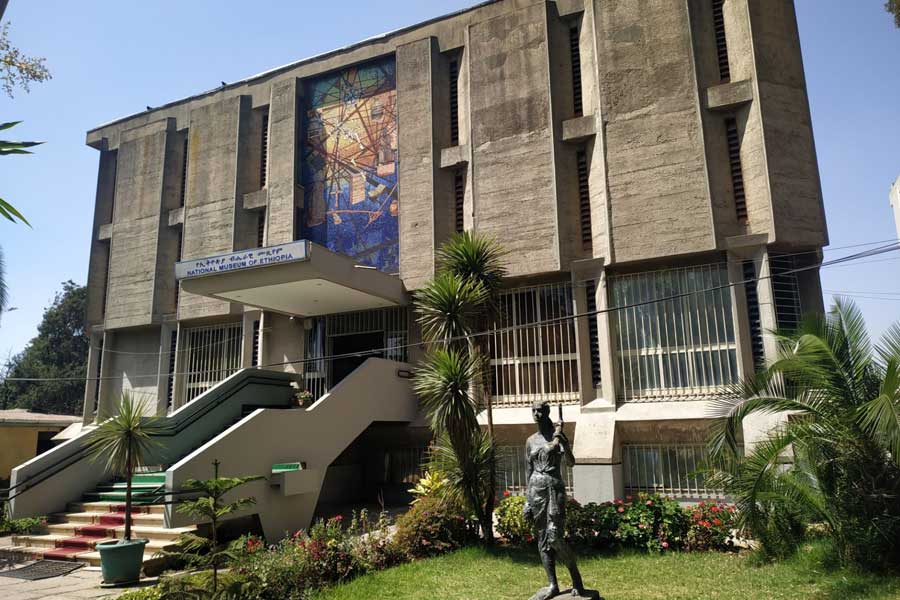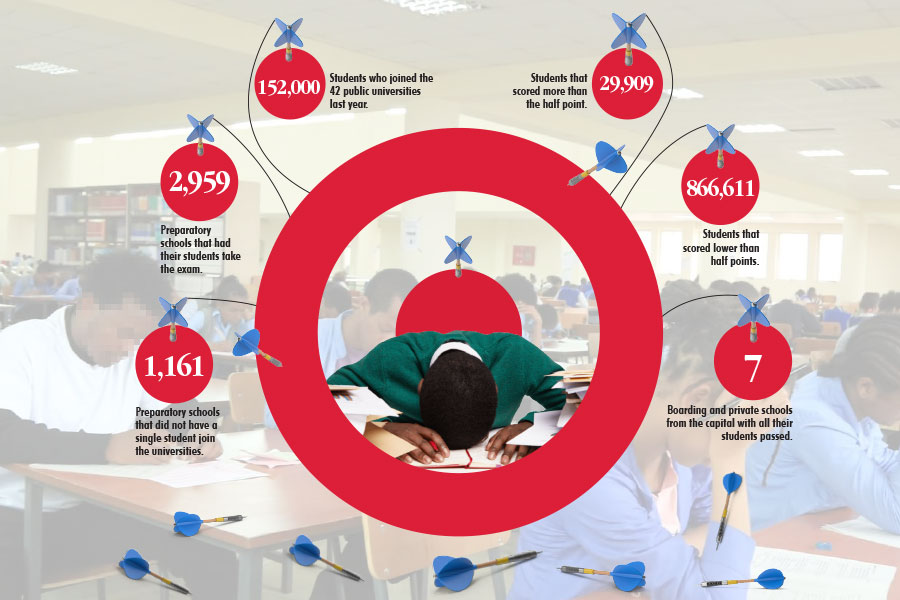
Viewpoints | Dec 29,2018
Apr 4 , 2020
By QU Dongyu
There is enough supply of food in the world to feed everyone, but the challenge that food may not be made available where it is needed must be faced, writes QU Dongyu (PhD), director-general of the Food & Agriculture Organisation (FAO) of the United Nations.
The Novel Coronavirus (COVID-19) pandemic is putting enormous strains on public health systems around the world, and millions of people in the world’s most advanced economies are in some form of quarantine.
We know the human toll will be high and that massive efforts to turn the tide carry a heavy economic cost. To reduce the risk of an even greater toll - shortage of food for millions, even in affluent countries - the world must take immediate actions to minimise disruptions to food supply chains.
A globally coordinated and coherent response is needed to prevent this public health crisis from triggering a food crisis in which people cannot find or afford food.
For now, COVID-19 has not entailed any strain on food security, despite anecdotal reports of crowded supermarket sieges.
While there is no need for panic - there is enough supply of food in the world to feed everyone - we must face the challenge: an enormous risk that food may not be made available where it is needed.
COVID-19, with all the accompanying closures and lockdowns, has created logistical bottlenecks that are ricocheting across the long value chains of the modern global economy.
Restrictions on movement, as well as basic aversion behaviour by workers, may impede farmers from reaching food processors - who handle most agricultural products. Shortage of fertiliser, veterinary medicines and other inputs could also affect agricultural production.
Closures of restaurants and less frequent grocery shopping diminish demand for highly perishable fresh produce and fish, affecting producers and suppliers, especially smallholder farmers, with long-term consequences for the world’s increasingly urbanised population, whether in Manhattan or Manila.
Uncertainty about food availability can induce policymakers to implement restrictive trade measures to safeguard national food security. Given the experience of the 2007-2008 global food price crisis, we know that such measures can only exacerbate the situation.
Export restrictions put in place by exporting countries to increase food availability domestically could lead to serious disruptions in the world food market, resulting in price spikes and increased price volatility.
In 2007-2008, these immediate measures proved extremely damaging, especially for low-income, food-deficit countries and to the efforts of humanitarian organisations to procure supplies for the needy and vulnerable.
We should all learn from our recent past and not make the same mistakes twice. Policymakers must take care to avoid accidentally tightening food supply conditions.
While every country faces its challenges, collaboration between governments and the full gamut of sectors and stakeholders is paramount. We are experiencing a global problem that requires a global response.
We must ensure that food markets are functioning properly and that information on prices, production, consumption and stocks of food is available to all in real-time. This approach will reduce uncertainty and allow producers, consumers, traders and processors to make informed decisions and to contain unwarranted panic behaviour in global food markets.
The health impacts of the unfolding COVID-19 pandemic on some of the poorest countries are still unknown. Yet we can say with certainty that any ensuing food crisis as a result of poor policymaking will be a humanitarian disaster that we can avert.
We already have 113 million people experiencing acute hunger. In Sub-Saharan Africa, a quarter of the population is undernourished. Any disruptions to food supply chains will intensify both human suffering and the challenge of reducing hunger around the world.
We must do everything possible not to let that happen. Prevention costs less. Global markets are critical for smoothing supply and demand shocks across countries and regions, and we need to work together to ensure that disruptions of food supply chains are minimised as much as possible.
COVID-19 forcefully reminds us that solidarity is not charity but common sense.
PUBLISHED ON
Apr 04,2020 [ VOL
21 , NO
1040]


Viewpoints | Dec 29,2018

Commentaries | Jul 03,2021

Viewpoints | Jun 20,2020

Sunday with Eden | Jun 20,2020

View From Arada | Jun 13,2020

Viewpoints | Aug 05,2023

Fortune News | Feb 04,2023

Commentaries | Mar 05,2022

Life Matters | Mar 23,2024

Sunday with Eden | Apr 25,2020

Photo Gallery | 177483 Views | May 06,2019

Photo Gallery | 167691 Views | Apr 26,2019

Photo Gallery | 158355 Views | Oct 06,2021

My Opinion | 136987 Views | Aug 14,2021
Commentaries | Oct 25,2025

Dec 22 , 2024 . By TIZITA SHEWAFERAW
Charged with transforming colossal state-owned enterprises into modern and competitiv...

Aug 18 , 2024 . By AKSAH ITALO
Although predictable Yonas Zerihun's job in the ride-hailing service is not immune to...

Jul 28 , 2024 . By TIZITA SHEWAFERAW
Unhabitual, perhaps too many, Samuel Gebreyohannes, 38, used to occasionally enjoy a couple of beers at breakfast. However, he recently swit...

Jul 13 , 2024 . By AKSAH ITALO
Investors who rely on tractors, trucks, and field vehicles for commuting, transporting commodities, and f...

Oct 25 , 2025
The regulatory machinery is on overdrive. In only two years, no fewer than 35 new pro...

Oct 18 , 2025
The political establishment, notably the ruling party and its top brass, has become p...

Oct 11 , 2025
Ladislas Farago, a roving Associated Press (AP) correspondent, arrived in Ethiopia in...

Oct 4 , 2025
Eyob Tekalegn (PhD) had been in the Governor's chair for only weeks when, on Septembe...

Oct 25 , 2025 . By YITBAREK GETACHEW
Officials of the Addis Abeba's Education Bureau have embarked on an ambitious experim...

Oct 26 , 2025 . By YITBAREK GETACHEW
The federal government is making a landmark shift in its investment incentive regime...

Oct 26 , 2025 . By NAHOM AYELE
The National Bank of Ethiopia (NBE) is preparing to issue a directive that will funda...

Oct 26 , 2025 . By SURAFEL MULUGETA
A community of booksellers shadowing the Ethiopian National Theatre has been jolted b...